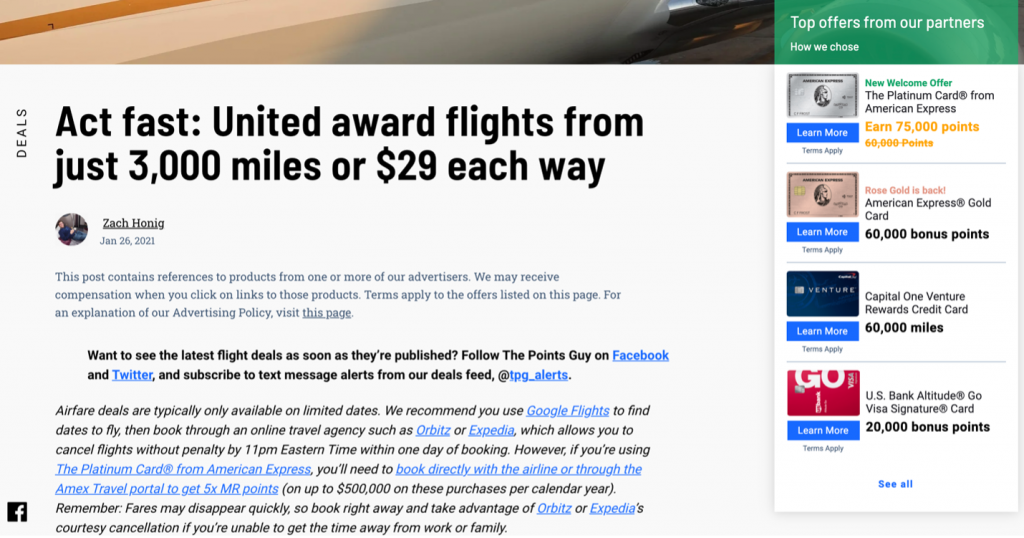Power always sits with the few and it always sits at the top. That’s the story of society in a nutshell – Whether it’s finance or fashion, the elite few who remain at the top of their industries dictate how things go for the rest of us. That’s just how it has always been.
In 2021, we are already seeing how that power can shift so quickly. The truth of the matter is that right now, the everyday person has more power than ever. When a group of Reddit commenters band together, they were able to take on Wall Street and the hedge funds that have always dictated who makes money and who loses it, and cost those hedge funds nearly 13 billion dollars.
When it comes to consumer goods, we may not even realize it but all of the power lies with review websites. Nine out of 10 shoppers say they read at least one review before making a purchase. 56% of people read as many as four reviews. Why do consumers put so much trust in online reviewers? Simply put, because we need help.
Generally speaking, consumers aren’t experts in the products they are buying. We look to review sites to tell us which air fryer is the best value or which headphones produce the best sound because we want to hear from the experts. Consumers have chosen to give their power over to these experts to make their buying decisions for them. It may sound a tad bit dramatic, but that’s why almost 90% of buyers seek out reviews before making a purchase.
This doesn’t sound all that bad – allowing experts to guide our buying decisions – until you start to uncover the business behind it.
Step 1: Expert reviewers build a reputation, start generating a lot of traffic to their website.
Step 2: These expert reviewers start asking companies for money to write positive reviews about their products.
Step 3: Review websites begin catering their reviews based on whomever pays them the most, not based on which giving consumers the best information possible to make a decision.
Step 4: Expert review sites become an affiliate partner for companies, earning a commission on products purchased from their reviews.
After sourcing review sites across the internet, you would be shocked at how many make their reviews on income, not honesty. We put together a few of our favorite case studies to help consumers take back the power from review sites.
Case Study: The Point Guy
Tip 1: Do they tell you they make money from reviews?
This might come as a surprise, but quite a few review websites will tell you right up front that they will make money from the content of their posts. In fact, they are required to by law (but that doesn’t always mean they do).
Let’s consider The Points Guy, the one-time travel blogger who has essentially become the go to guide for credit card reward information. The Points Guy website used to be a fun guide and community where people would share tips on how to earn reward miles from airlines to get discounted and free travel. They would talk about the crazy trips people would take to earn miles and status with airlines – now they talk about credit cards. A lot.
Let’s take a look at a recent post from the news section of their website. Do you see that paragraph at the top, in a lower contrast and smaller font size than the rest of the article? They are telling you right up front that they make money from the products they talk about. While the transparency is a good thing (again, mandated by law), the low contrast and smaller font is intentional. A reader is more likely to skip right past the disclaimer when it’s intentionally made harder to read. They are also more likely to miss the link to the advertising policy in that disclaimer since it’s intentionally changed from the default blue text people are used to seeing.
After the disclaimer, the typeface gets bigger. The links become blue again, because these are the links the company wants you to see. These are the links that when you click, The Points Guy can make money. In fact, you don’t even see the article you came to the website to read without scrolling past all of the affiliate links and offers.
Then, on the right side of the article (and every article on the website) you see ads for credit cards. What once was a website focused on travel has made it clear who pays them the big bucks. The credit card companies. That’s the only way to explain a list of the best credit card offers appearing on an article about cheap United Airlines flights.
Case Study: CNET
Tip 2: Does the URL being linked go to the website they are linking, or through a third party first?
CNET is a website with massive popularity and is known for comparing and reviewing products – especially electronics. When you come to a website like this, wouldn’t it behoove you, the shopper, to know which companies are paying CNET, and how much they make? Here’s a tip that will make this easier than ever to discover.
Let’s look at the reviews of a couple of different products. First, we have the Jabra Elite Active 65t headphones. Notice how this page is set up with options to buy at the top? When you hover over one of those links, take a look at the URL along the bottom of the page. That doesn’t look like a simple amazon link, does it? That’s because it’s not. When you click on that link, it redirects you through a third-party website to the Amazon product page. This happens so that these companies can track where you are coming from to ensure that CNET earns the commission from your purchase.
 Now let’s look at another product they review: The Kicker EB51 Earbuds. The first thing you probably notice is that it doesn’t have prominent links at the top of the page for you to purchase. In fact, do you even see a link?
Now let’s look at another product they review: The Kicker EB51 Earbuds. The first thing you probably notice is that it doesn’t have prominent links at the top of the page for you to purchase. In fact, do you even see a link?
Upon closer inspection, the words “for details” are linked, though you wouldn’t be able to tell that just by looking at the review, would you? So, what happens when you hover over that link? Check out the URL at the bottom of the page – it goes direct to the website.
This is how you take the power back from review sites that aren’t so transparent about who they make money from. If they link directly to a website or not at all, it’s likely they do not have a partnership with the product company. If they link through a third-party website, they almost certainly do make money off of you. So next time you see a bad review for a product you thought might be worthwhile, check to see if the reviewer makes money from them. I bet they don’t.
Case Study: Diamonds Pro
Tip 3: Do they provide more links to one company’s website than another?
In what is one of the most brazen acts of review-tampering, I present The Diamond Pro. Diamonds are an industry that can be very scary for a consumer. A diamond engagement ring is often one of the top three most expensive purchases a person will make in their lifetime – behind a house and a car – so it is important to get it right. That is why diamond review sites are so important, and so popular.
The Diamonds Pro doesn’t even hide who their preferred companies are. This article – which is categorized as a review of the diamond and engagement ring retailer Ritani – opens with promotions and discounts for competitors. It goes on to mention these competitors who have deals with the reviewer 37 times, compared to Ritani 45 times, who it appears does not do business with this publisher. Looking at the publisher’s reviews of these same competitors, they mention the company being reviewed over 100 times, and other brands fewer than 20 times. Diamond.pro has effectively turned the review of one company (Ritani) into and ad for other companies, where they will make more money.
Additionally, the review itself provides information that appears to be intentionally incorrect, in order to mislead readers into buying products for which they will make a higher commission. For example, diamond.pro shares the images of engagement ring setting product listing pages for Ritani and competitor, Blue Nile, claiming “Blue Nile’s cheapest setting is 25% less expensive.”
A quick look at the two company websites makes it clear than not only is this information misleading, but it’s also wrong. In fact, the opposite appears to be true: Ritani’s cheapest setting is almost 27% less expensive than Blue Nile’s.
One of the best ways to spot when a reviewer has all of their eggs in one company’s basket is when they talk about and link more often to one website than they do to another. It sounds simple, but reviewers who make a commission off of sales want to send traffic to the companies who give them the best rates. Scanning through The Diamond Pro’s site, it is obvious that they have partnerships with certain companies, and don’t with others. Just take a look at the page in which they list their reviews:
Pages with links (aka companies with whom they earn a commission for) have the best reviews. Companies without links all have worse reviews. They don’t even try to hide it. This is intentional and one of the best ways you can spot a bad reviewer.
It’s time that we as consumers take back the shopping power, and that starts with information. Being able to identify which reviews are actually paid advertisements and which are genuine is the first step. Do you have other examples of reviewers promoting some products and bashing others in the name of profits? Send them our way!

